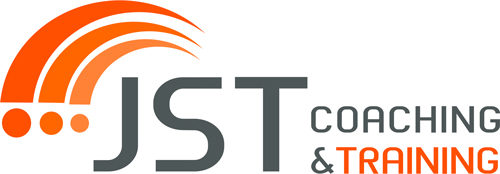By Joy West Gardner, ACC
Change will not come if we wait for some other person or some other time. We are the ones we’ve been waiting for. We are the change that we seek.
Barack Obama
Bill Gates once said, “Everyone Deserves a Coach”, and I strongly agree. I believe everyone deserves the opportunity to have someone help them achieve their goals, become their best, maximize their performance, drive their efforts, discover their innate creativity and the list goes on. However, I am reminded that in my profession, Life Coaching, Black Americans are just as underserved by the coaching industry as we are in other key areas such as medicine, finance, education, housing, and technology.
I fully understand that professional coaching cannot be compared to quality medical care, wealth, fair housing practices, or excellent educational opportunities. Professional coaching, however, has been for many, a bridge from failure to success. For example, coaching has helped —
- students pass classes they would not have in order to secure acceptance to universities that seemed out of academic reach,
- employees learn skills to retain jobs that would have been otherwise lost for sub-par performance,
- executives elevate their performance such that promotions were offered,
- individuals advocate for themselves in critical situations.
It is time for that bridge to be readily available to all and here are my suggestions for making that happen:
- I urge decision makers to recruit and retain Black experts — researchers, psychologists, doctors, professors, educational leaders, and master coaches as active participants in coach industry groups.
- I urge coach training schools (CTOs) and managers to follow the lead of the coach training school at which I was trained, and now work, by becoming very intentional about recruiting Black individuals as coach trainers and coach training school candidates while providing inclusive environments where individuals are encouraged to be their authentic selves.
- I urge all coaches, both new to the field and deeply experienced, to embark on a journey of self-work and introspection in order to fulfill the updated International Coaching Federation Competency, 4. Cultivating Trust and Safety, with emphasis on 4.1– seeks to understand the client within their content which may include their identity, environment, experiences, values and beliefs. For example, coaches who coach Black individuals must possess, at the very least, a basic understanding of the unique challenges of being Black in America, and the historical impact of years of systemic racism and institutional inequities.
- I urge corporations and organizations who utilize professional coaches for their employees to insist that slates of potential coaches reflect the diversity of their workforce.
It won’t be quick or easy, but these actions over time, will net significant impact. To learn more, check out our course, Shifting to a Social Justice Mindset.

